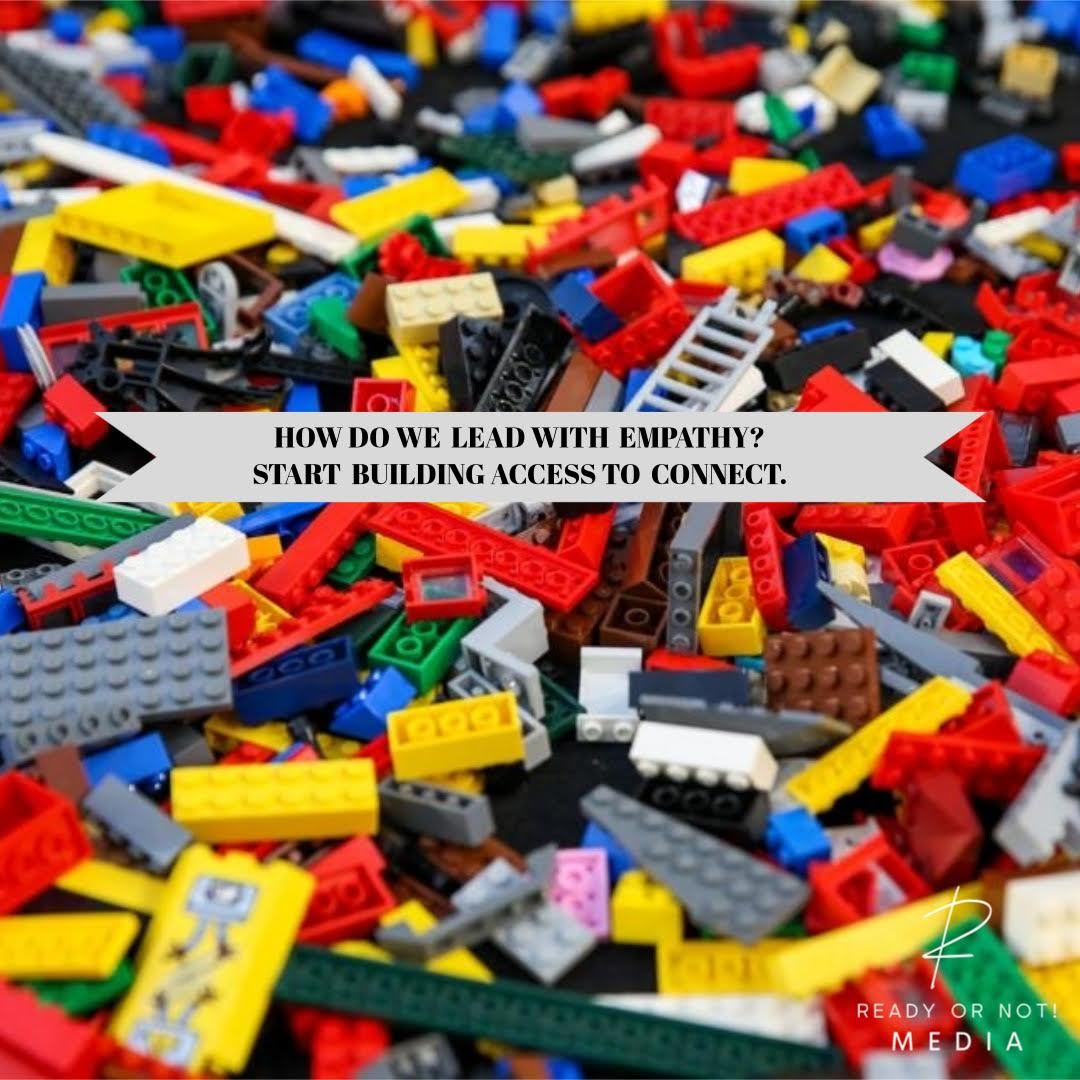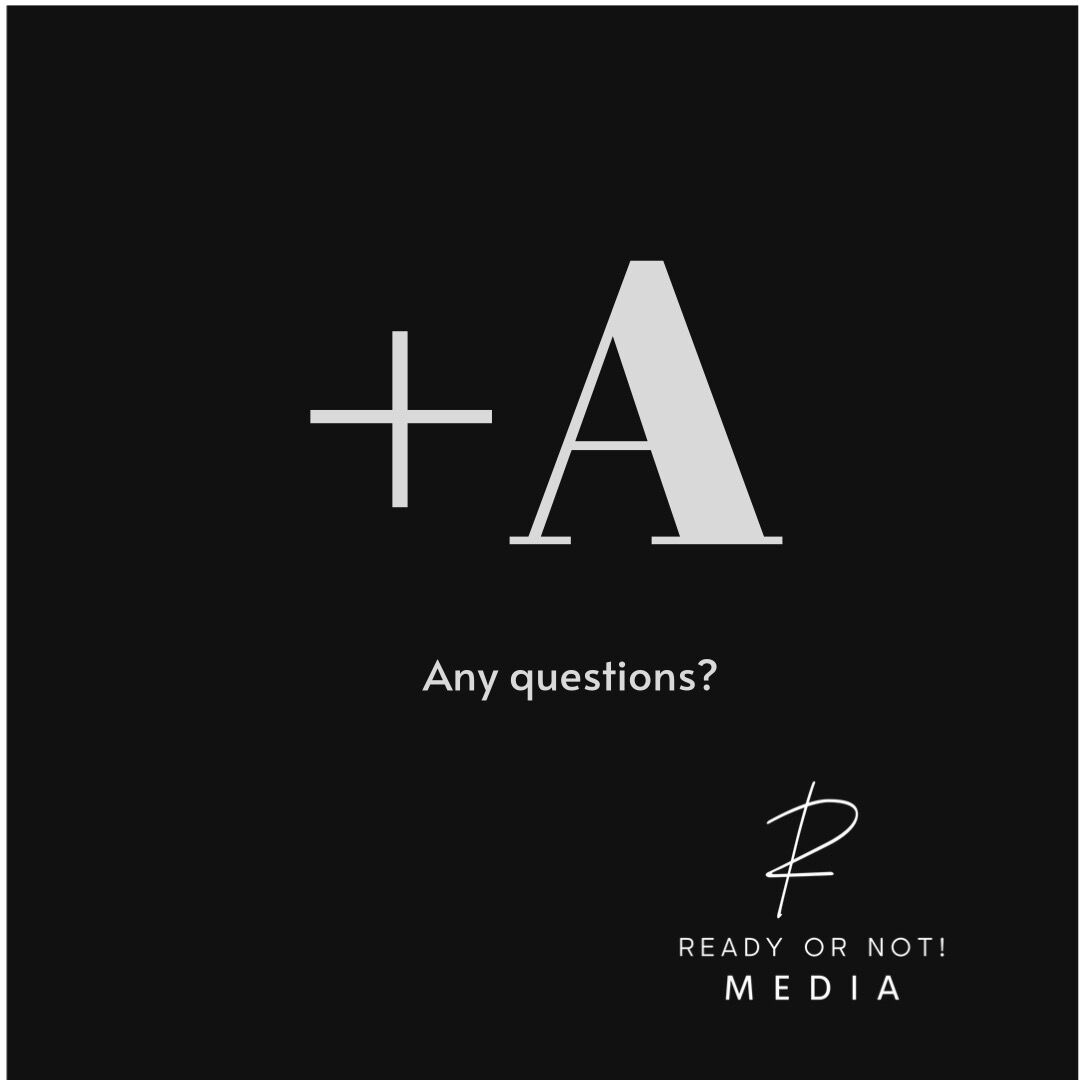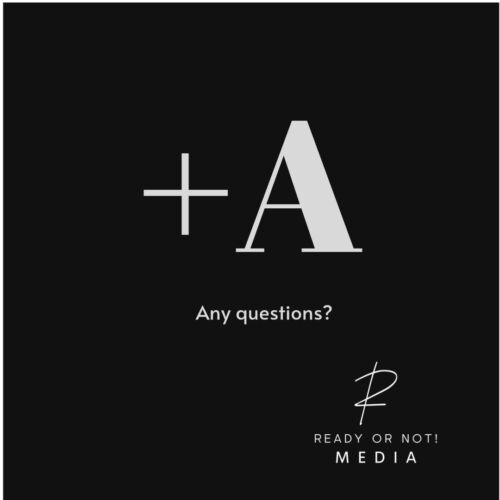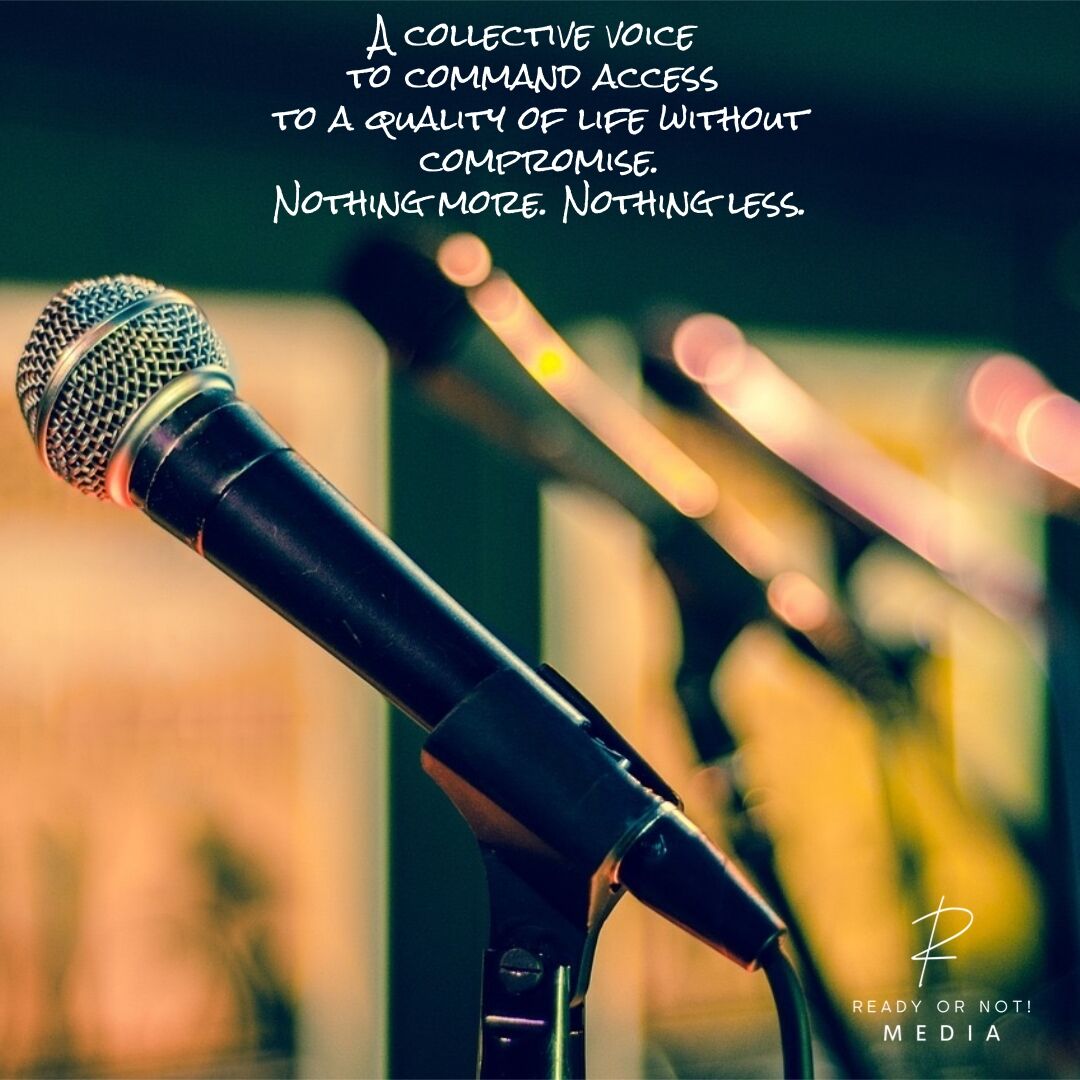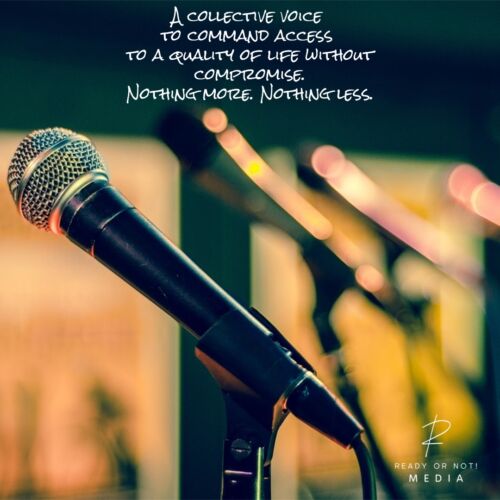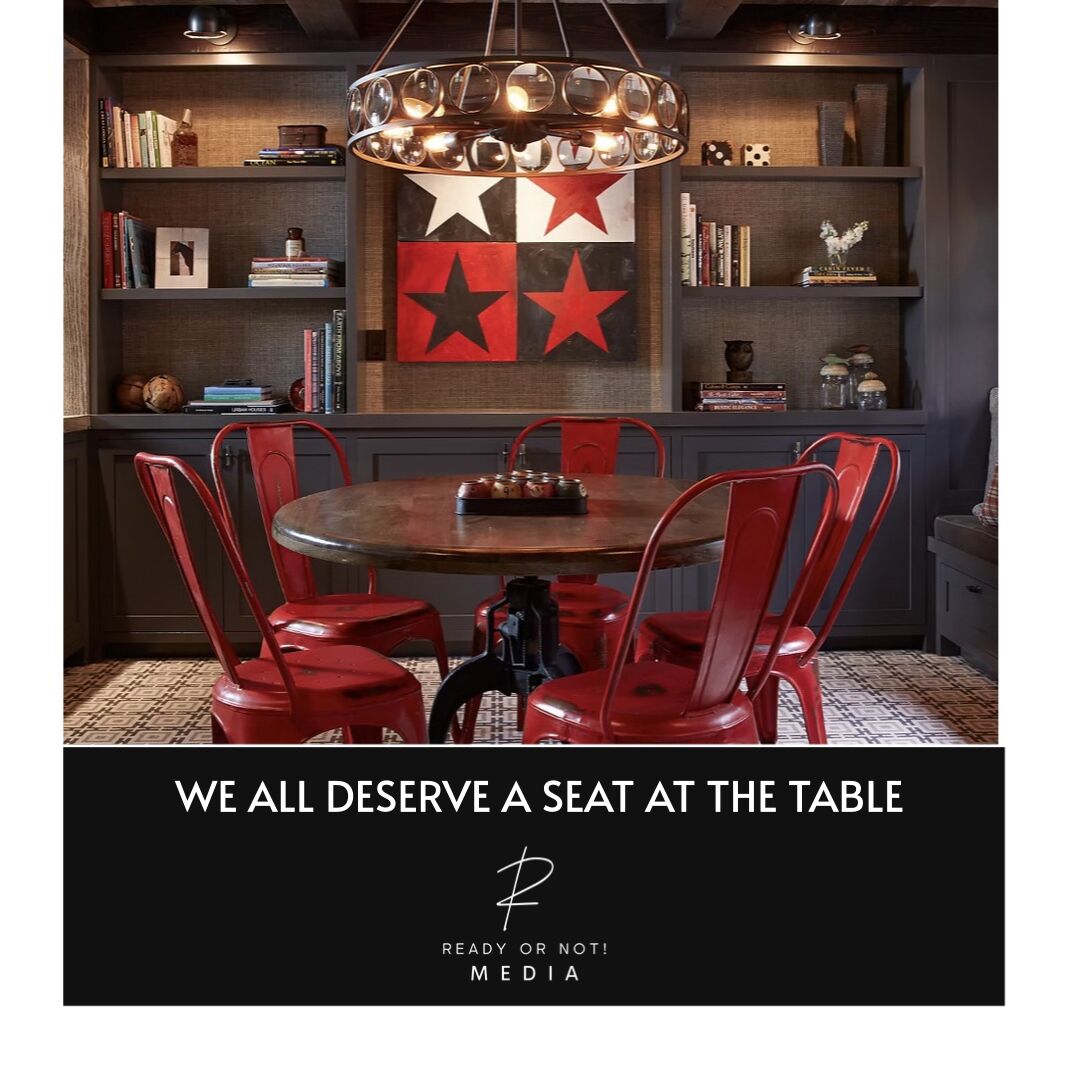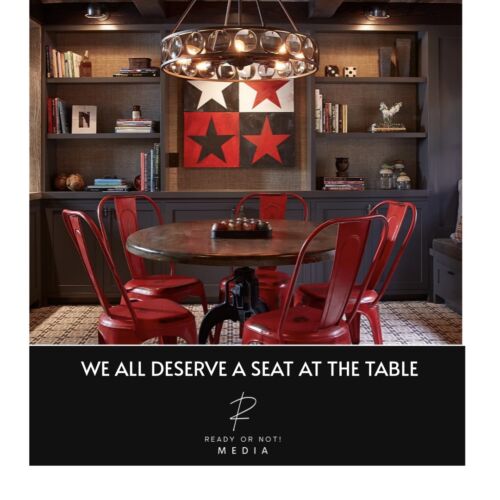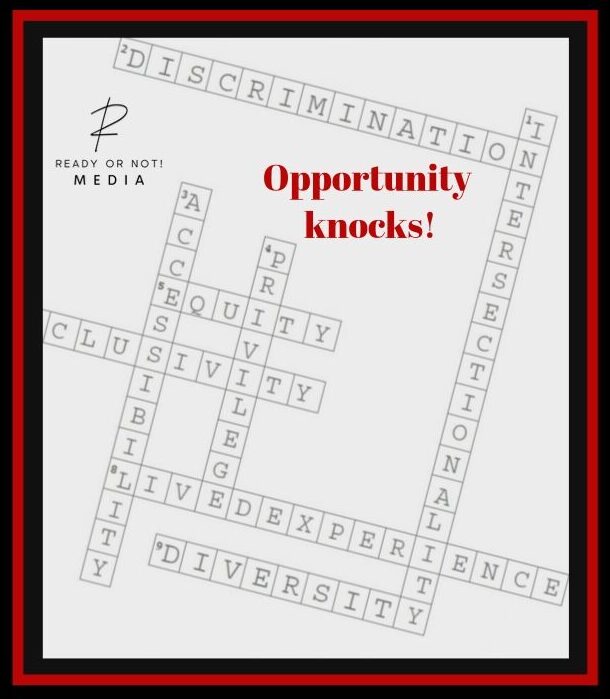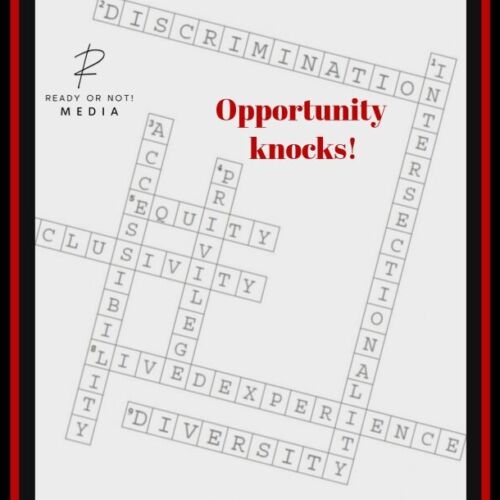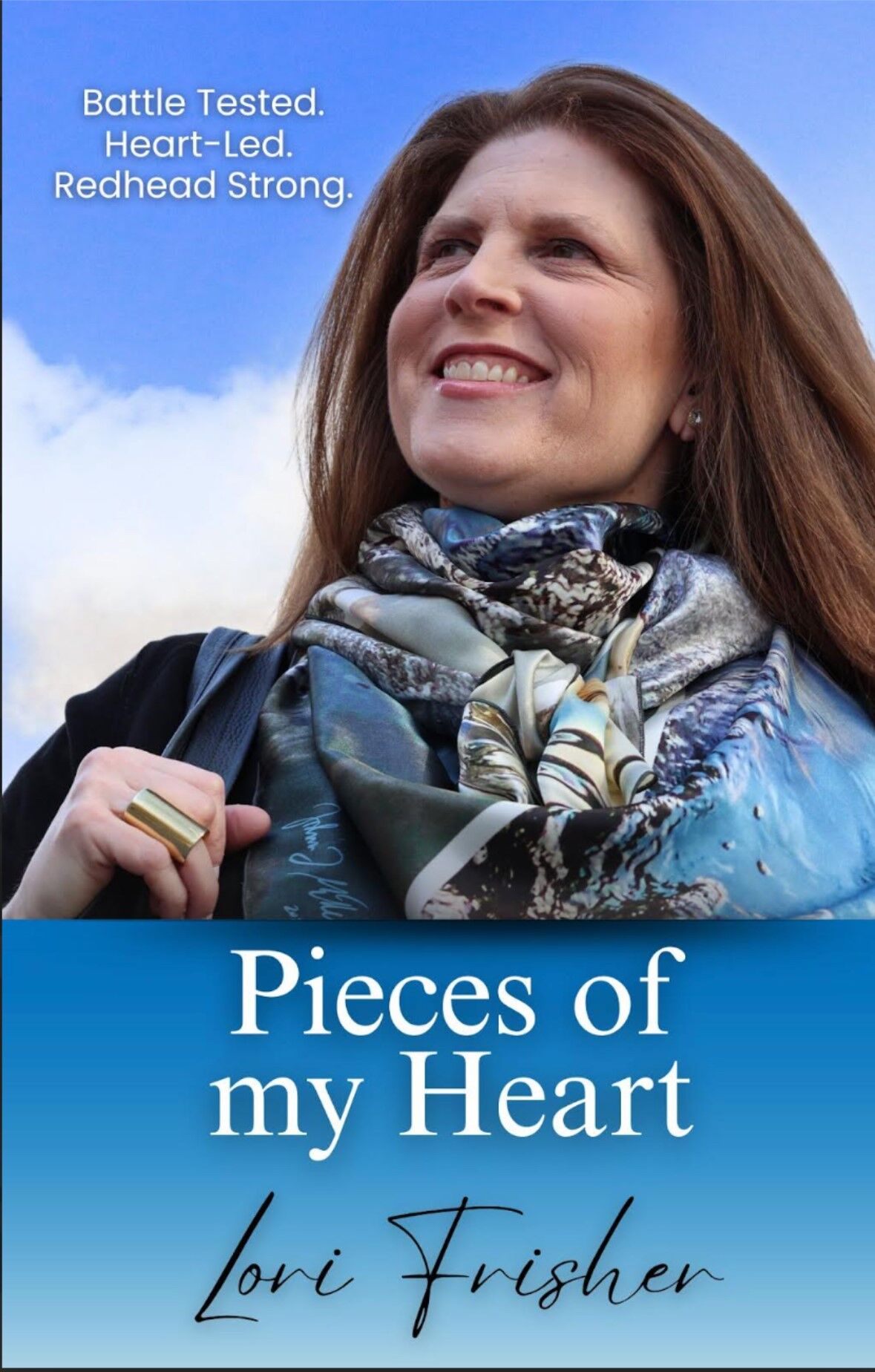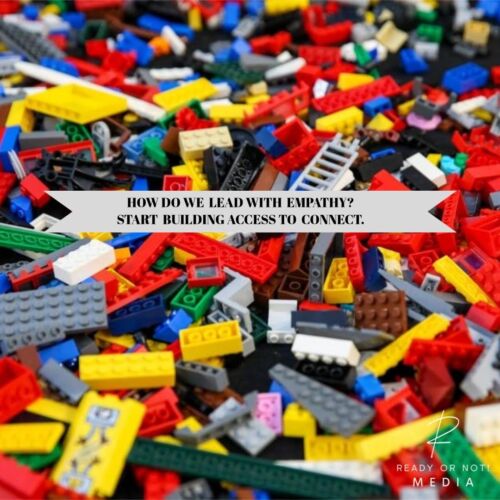
Connect the blocks so we can connect the dots…
How do you build “win-win” relationships?
By creating a welcoming and an accessible world.
LEGO is taking charge and capitalizing on the untapped $1.8 B market by “implementing staff training and taking additional steps to make [park] visits easier for people with autism and other disabilities” (Heasley, 2023). There will also be ratings posted outside each park ride letting individuals know what to expect (bright lights, loud noises, etc).
Quiet rooms along with shutting off certain rides throughout the day will be some of the many accommodations along with wheelchair accessibility, free admission for assistance to disabled persons has been an important part of their company’s commitment.
LEGO friends of diverse characters who have visible and non-visible disabilities, multiple skin tones, and come from different cultures and backgrounds along with neurodiversity are available to consumers.
LEADERS, it doesn’t stop here.
Are you curious to know how a company benefits with providing accessibility?
Access will not only improve for the overall user experience and will enhance the company’s culture to lead with increased productivity and satisfaction.
According to an Accenture Report, “companies that embraced best practices for employing and supporting people with disabilities achieved 28 percent higher revenue, double the net income and 30 percent higher economic profit margins over a four-year period” (Disabilityin.org, 2022).
The Lego Play Well Study 2022 discovered “over 97% of parents felt it was vital that no topic is off-limits and play should include mental health, physical disabilities, and ethnicity” (Goldcoastcareservices.com).
Join LEGO to dismantle the stereotypes and barriers that stand in our way to create a sense of belonging. I celebrate the toy-maker’s decision to create more inclusive playgrounds that leave bullying behind.
TODAY we welcome the colorful blocks of diversity, equity, inclusion + accessibility for ALL.

